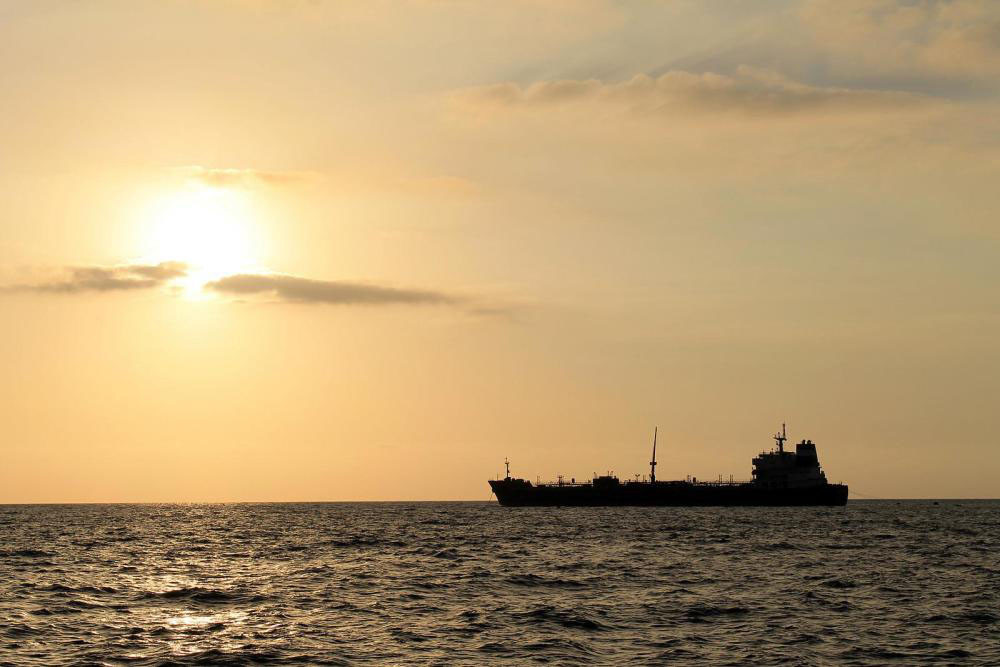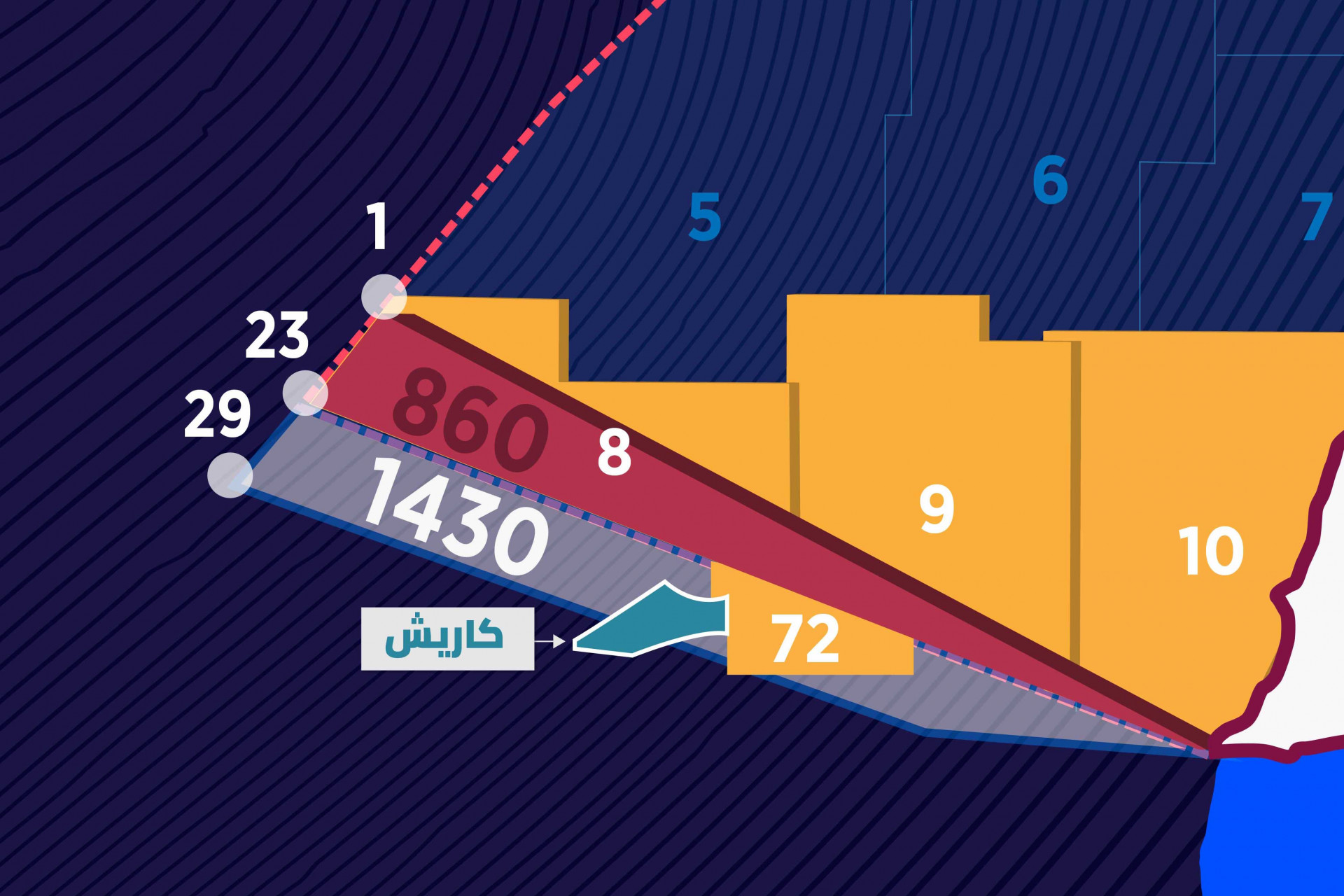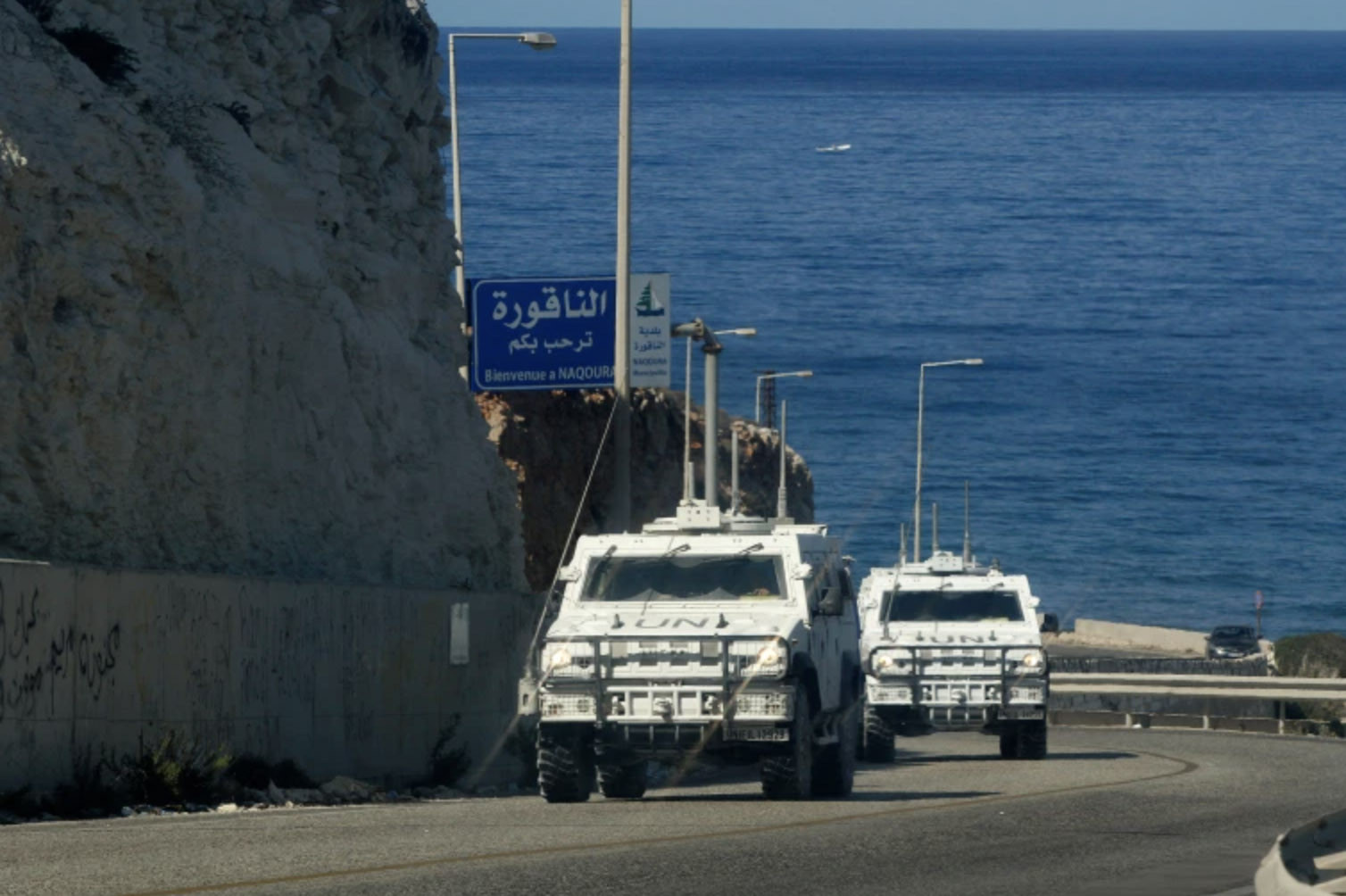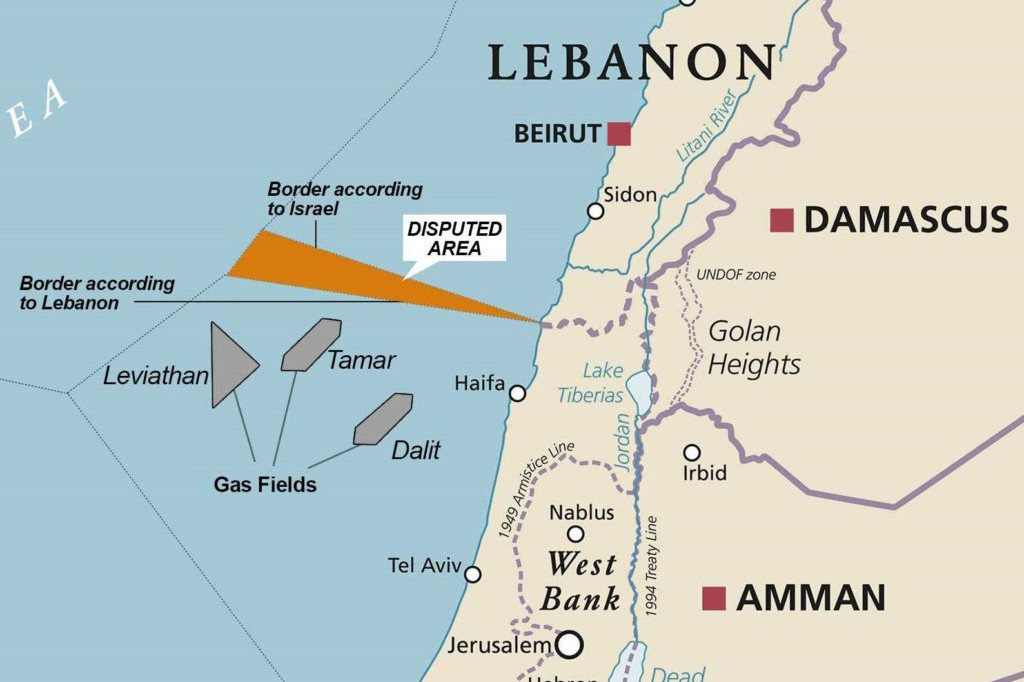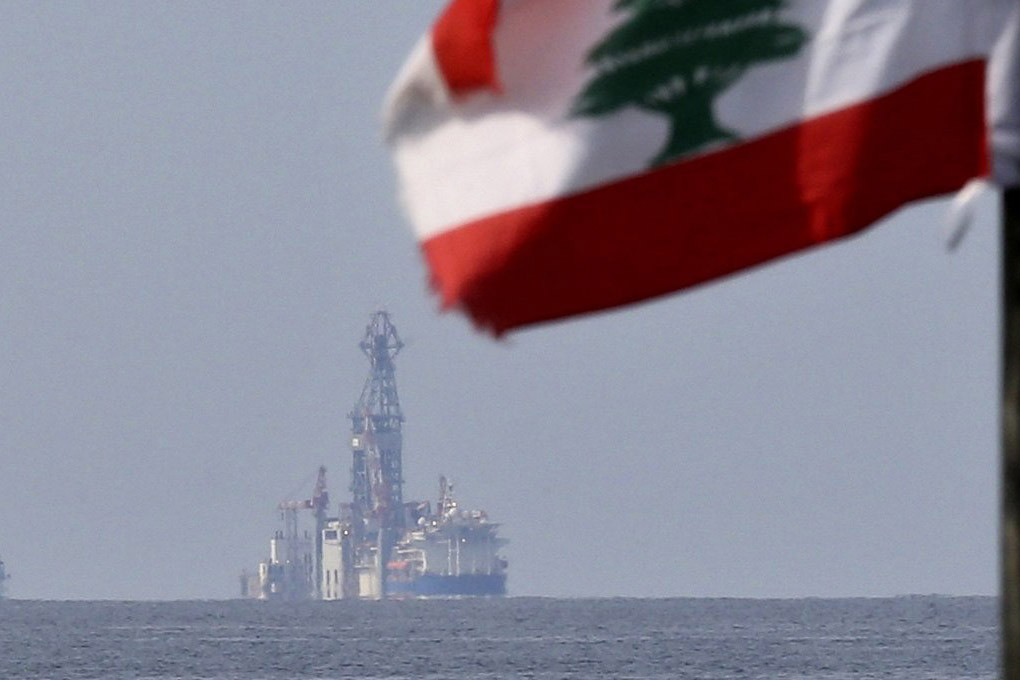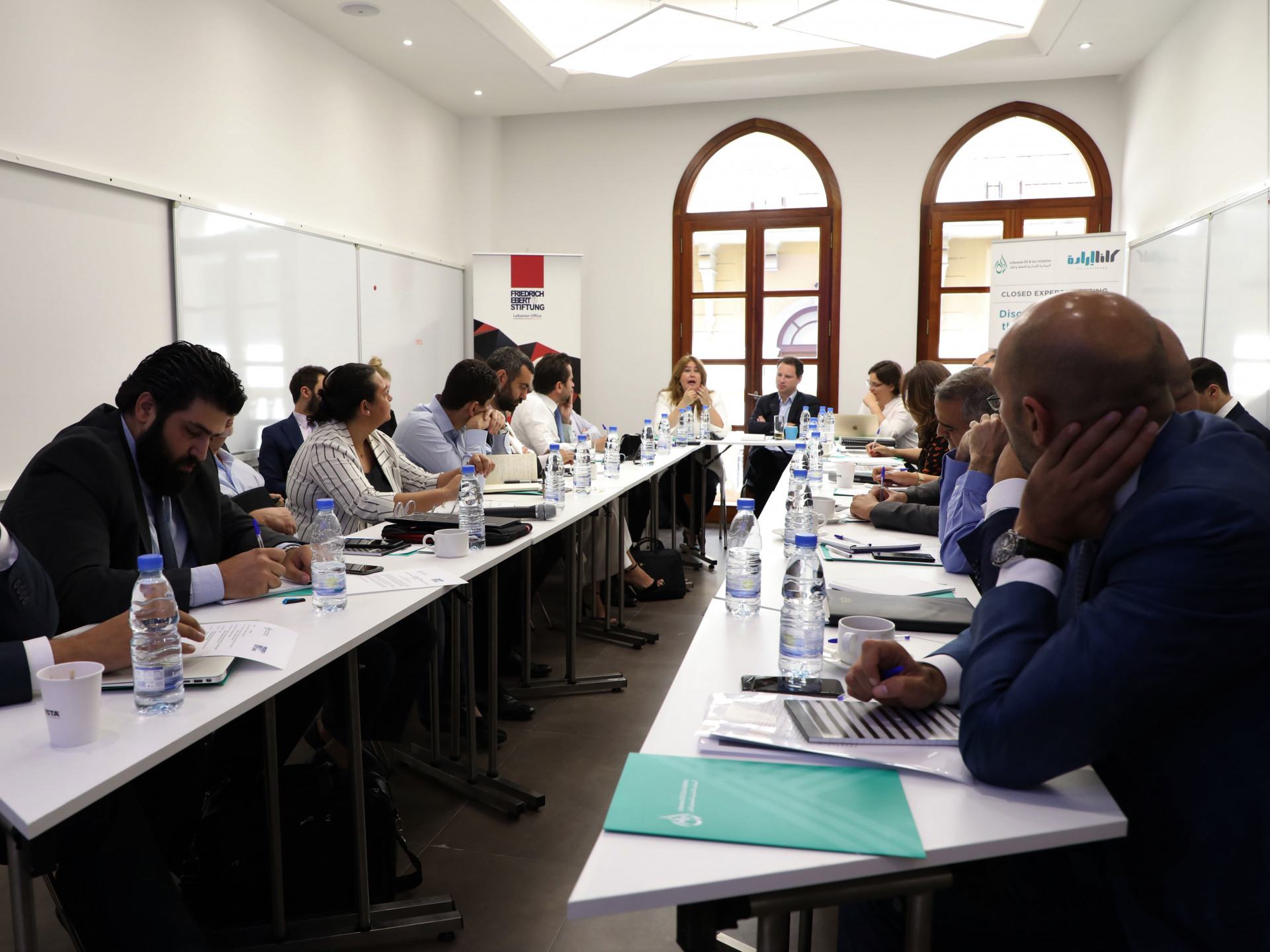Following the government’s decision to award oil and gas offshore contracts to the Total-Eni-Novatek consortium, a hazardous rush to adopt a set of new legislation has ensued, which will prove decisive for Lebanon, not only in the coming years, but for future generations.
Even if the current legal framework has some transparency gaps that require closing, it is ample for the consortium to begin operations with the aim of drilling wells by 2019. Lebanon will not become an oil-producing country until a commercial discovery is actually made, and in any case, no revenues are expected before seven to ten years from now.
None of the four proposed draft laws – Onshore law, National Oil Company law, Sovereign Wealth Fund law and Petroleum Assets Directorate law – are necessary to commence this process offshore.
On the contrary, as it is high time that Lebanon starts implementing good governance principles in its legislative process, we should seize this opportunity with regards to the nascent oil and gas sector, which is potentially a game changer for the Lebanese political, social and economic model. Let’s work on making this change for the better and avoid the resource curse that every expert is warning against.
Because good governance starts with public consultations, we, as civil society organizations, need full access to the draft laws, which should constitute white papers that are open for discussion. These crucial texts should be accompanied by supporting justifications that explain their rationale and link them to an overarching national strategy. Needless to say, it is the government’s responsibility to do so. And, notwithstanding the right of MPs to propose legislation, such decisive national issues necessitate government endorsement.
We, as civil society organizations, need time to review the texts and a formal framework for discussion. The period when civil society’s contribution was dismissed under the pretext of lacking expertise is hopefully over, now that Lebanon – as a would-be member of the Extractive Industries Transparency Initiative – is committed to guaranteeing their active participation to ensure transparency and accountability in the oil and gas sector.
Lebanon can rely on strong civil society organizations in several areas, and one of them, the Lebanese Oil and Gas Initiative (LOGI), already has a solid track-record in the oil and gas sector. Kulluna Irada fully supports LOGI’s claim that there is absolutely no rush to pass these four laws. Hence the joint digital media campaign that exceeded all expectations in triggering public awareness and debate on this issue.
In fact, before debating how to manage future and undefined revenues we need to address the utmost priority for Lebanon which is to work on vital fiscal reform and design a strategy that puts an end to the rent economy, which is undermining our social fabric before we even possess oil or gas.
It is true that Law 132 requires that all petroleum income be directed to a Sovereign Wealth Fund (SWF) and that the fund serves as a tool to save for future generations. Kulluna Irada fully backs the launch of an efficient and transparent sovereign wealth fund as part of our government’s overall policy. We are however skeptical that our current authorities have the capacity to do so now. We should work hand in hand through an indispensable national debate for a global frame at the level of governance.
In any case, no serious decision can be taken on the purpose or structure of such a new major institution before even estimating the amount of revenues. And, as it stands, the SWF draft law requires considerable work if it is to meet international standards. It is also far too soon to decide to earmark petroleum revenues to debt reduction, when no serious effort has been made to identify a way out of Lebanon’s structural fiscal imbalances: the priority should be to tackle the unsustainable debt, the uncontrolled fiscal deficit, and the widening deficits of the balance of payments through new right and fair tax rules and appropriate transparency and oversight mechanisms.
For the time being, there is no need to create a National Oil Company (NOC), whose sole purpose would be limited to acquiring a stake in the consortium. The governance and management structure of any future more ambitious NOC must be very well thought out, in order not to replicate Lebanon’s history of dysfunctional public entities that are part of the Lebanese clientelist system of power.
We share the desire to establish a national company as a vehicle to preserve the interest of the State and hence of the citizens (current and those of future generations). But we remain convinced that the text as is, albeit good on many levels does not sufficiently address this requirement.
Finally, even if Lebanon needs to complement existing legislation on petroleum activities since we only have an offshore law, there is still time to pursue a proper transparent process to review the proposed onshore bill and alleviate major concerns over land-grabbing and environmental threats.

